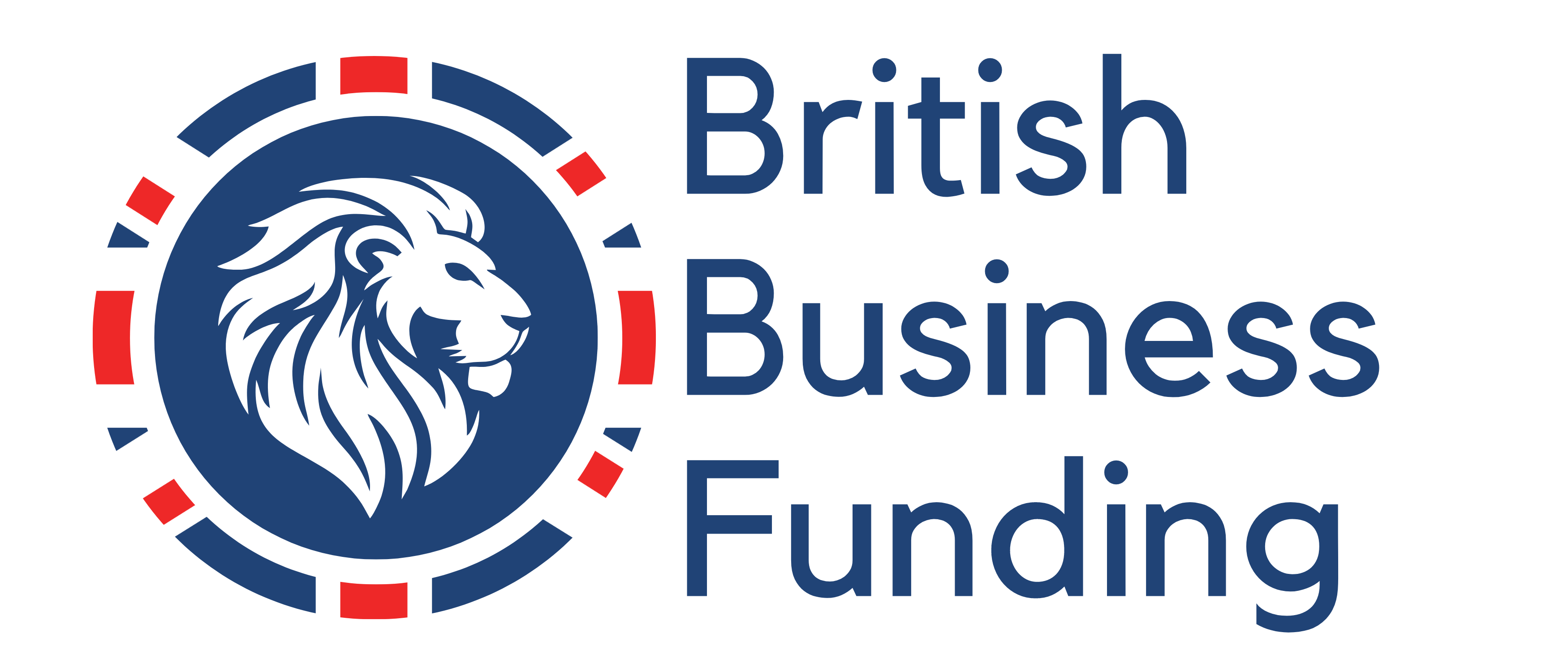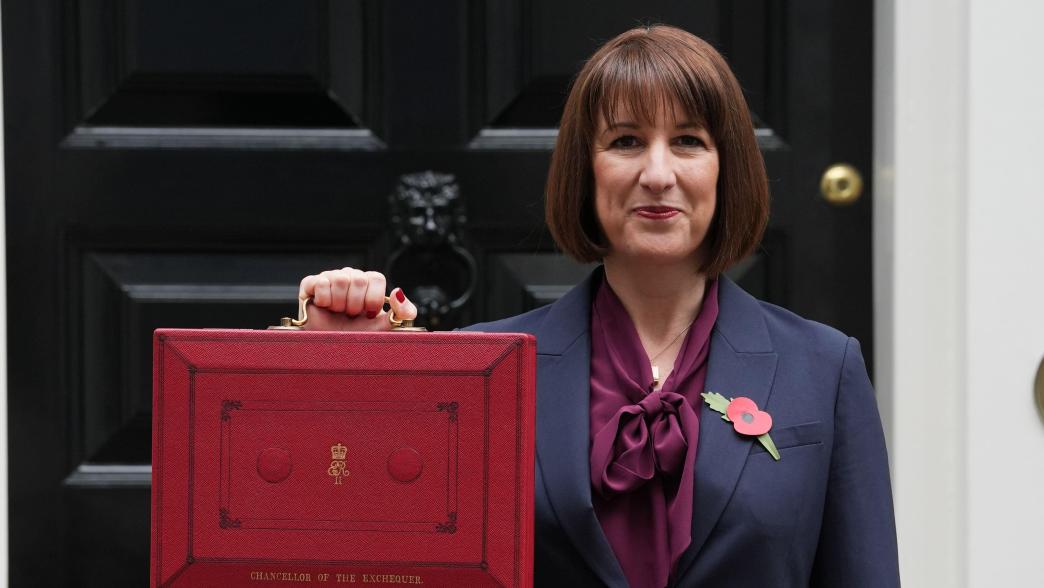Why the Budget means Rising Interest Rates…
The Autumn Statement 2024 reflects the UK government’s focus on maintaining economic stability while addressing ongoing inflation concerns. The measures outlined in the budget, combined with macroeconomic factors, contribute to a climate where interest rates are likely to increase further. Here’s why:
1. Inflation Pressures
- Budget Policies and Spending: The government’s budget includes significant spending commitments, which can stimulate economic activity but also contribute to higher inflation if not balanced with revenue generation. Inflationary pressures often prompt the Bank of England to raise interest rates as a measure to curb inflation and keep it within target levels.
- Impact of Tax and Allowance Freezes: The budget has frozen many tax thresholds and allowances, effectively increasing the tax burden on individuals and businesses as inflation pushes more income into higher tax brackets. This could contribute to decreased disposable income and consumer spending power, indirectly influencing inflation trends.
2. Labour Costs and NICs
- Increased Employer NICs: With the rise in employer National Insurance Contributions to 15% from 2025/26 and frozen thresholds, businesses will face higher employment costs. This can lead to price increases as businesses seek to offset these costs, potentially fuelling inflation.
- Wage Inflation: To maintain their workforce amid rising living costs and tax burdens, businesses may need to raise wages. Higher wages can put additional upward pressure on inflation.
3. Capital Gains Tax and Business Investments
- Higher CGT Rates: The increase in Capital Gains Tax rates from 2024/25 onwards for higher-rate taxpayers and the drop in CGT exemptions can discourage investment sales and market liquidity. This slowdown could push the Bank of England to adopt tighter monetary policies, including higher interest rates, to manage economic imbalances.
4. Spending Patterns and Economic Growth
- Support for Full Expensing and Investment: While measures like full expensing are aimed at boosting business investment, they could lead to increased economic activity in the short term. If demand outpaces supply, it can create inflationary pressure, prompting the central bank to raise rates to cool down the economy.
5. Overall Economic Stability
- Government’s Revenue and Spending Balance: The budget reflects the government’s effort to increase revenue through tax adjustments while maintaining necessary spending on public services and initiatives. The balance between revenue generation and spending is crucial for economic stability. Any signs of fiscal deficit or overspending can push the Bank of England to intervene by adjusting interest rates to control inflation and maintain the value of the pound.
Why This Means Interest Rates are Likely to Rise
Given these inflationary signals from increased employer costs and the tax burden to spending initiatives and wage pressures the Bank of England is likely to continue raising interest rates as part of its monetary policy to maintain economic stability. Higher rates help slow down inflation by making borrowing more expensive and encouraging saving over spending.
Implications for SMEs
- Higher Borrowing Costs: SMEs planning to take out loans or secure other types of financing will face higher interest rates, increasing repayment costs and potentially impacting profit margins.
- Tighter Lending Conditions: As interest rates rise, lenders may tighten their criteria, making it harder for SMEs to qualify for loans or other financial products.
- Pressure on Existing Debt: For SMEs with variable-rate loans or lines of credit, rate hikes will mean higher monthly payments, squeezing cash flow.
Strategic Financial Planning for SMEs
- Secure Funding Now: If you plan to borrow for expansion, investment, or operational needs, consider doing so before rates climb further to lock in lower costs.
- Review Financial Structure: Consider fixed-rate loan options to protect your business from future rate hikes.
- Re-evaluate Budgets and Forecasts: Prepare for potential cost increases related to financing and operational expenses, and adjust your business strategies accordingly.
By understanding how budgetary policies and economic conditions align, SMEs can proactively plan for potential interest rate rises and their implications, helping to maintain financial stability and support growth in a shifting economic landscape.
If you’ve been considering business funding recently, the sooner you act likely the better it is for you and your business, let BBF help you find the best rates in the market, today.

